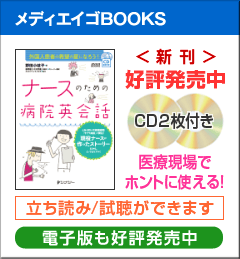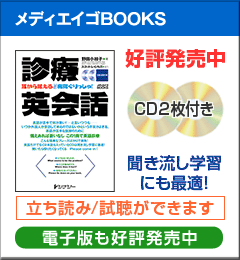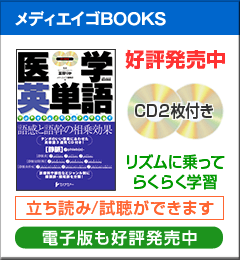

(c) Flickr & tpower1978
テロメア(染色体の末端部にあるDNA鎖)の長さにより,平均余命が予測できることが明らかになった。テロメアの短縮は心臓病やがんなど加齢を要因とする疾患,ストレス,喫煙,大気汚染などによる酸化障害への曝露と関連している。平均余命との関連性は,心臓病または脳卒中の患者3,500名以上のDNAサンプルの分析により示唆された。染色体が年齢と共に短くなることは知られているが,今回の研究では,年齢で補正した統計分析により,テロメアが長い人はより長く生きることが示された。この結果を踏まえ,将来,心臓に対する治療効果の指標としてテロメアの長さが使われる可能性もあるという。(吉田素子)
Study Finds DNA Length Can Predict Life Expectancy
Intermountain Medical Center Study Finds That Length of DNA Strands in Patients With Heart Disease Can Predict Life Expectancy
Can the length of strands of DNA in patients with heart disease predict their life expectancy?
Researchers from the Intermountain Heart Institute at Intermountain Medical Center in Salt Lake City, who studied the DNA of more that 3,500 patients with heart disease, say yes it can.
In the new study, presented Saturday, March 9 at the American College of Cardiology’s Annual Scientific Session in San Francisco, the researchers were able to predict survival rates among patients with heart disease based on the length of strands of DNA found on the ends of chromosomes known as telomeres -- the longer the patient’s telomeres, the greater the chance of living a longer life.
The study is one of 17 studies from the Intermountain Heart Institute at Intermountain Medical Center that are being presented at the scientific session, which is being attended by thousands of cardiologists and heart experts from around the world.
Previous research has shown that telomere length can be used as a measure of age, but these expanded findings suggest that telomere length may also predict the life expectancy of patients with heart disease.
Telomeres protect the ends of chromosome from becoming damaged. As people get older, their telomeres get shorter until the cell is no longer able to divide.
Shortened telomeres are associated with age-related diseases such as heart disease or cancer, as well as exposure to oxidative damage from stress, smoking, air pollution, or conditions that accelerate biologic aging.
[単語和訳]
Predict:~を予測する Life Expectancy:平均余命 DNA Strands:DNA鎖 Heart Disease:心疾患
Researchers:研究者
Cardiology:心臓病学 survival rates:生存率 chromosomes:染色体 telomeres:テロメア
cardiologists:心臓病専門医
cell:細胞 no longer:もはや~でない divide:(細胞が)分裂する
Shortened:短くなった are associated with:~と関連している age-related:加齢に関連した cancer:がん exposure to:~への曝露 oxidative damage:酸化障害 air pollution:大気汚染 accelerate:~を加速させる biologic:生物学的 aging:老化


